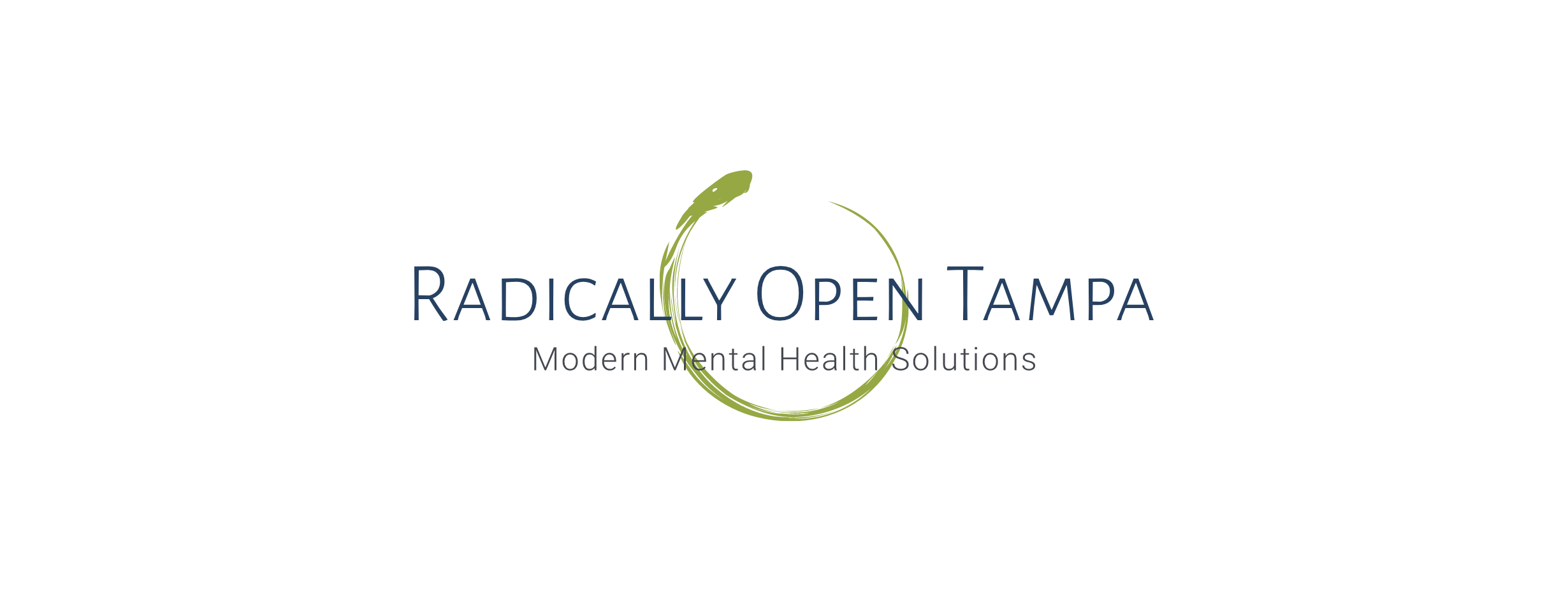If you are wondering if RO DBT is for you, take these evidence-based measures and find out:
AAQ-II – scores of greater than 24 indicate psychological inflexibility and high emotional distress
Styles of Coping Word Pairs – add up how many items in column A and how many in column B
More items in column B: suggests an over-controlled temperament type which is best treated with RO DBT, founded Dr. Thomas Lynch. An over-controlled temperament type can be linked to chronic depression and anxiety, social disconnection, highly critical, rigid and rule governed behavior, disordered eating, and personality disorders including obsessive-compulsive, avoidant and dependent. Some people with a temperament of over-control have been told that they have ‘Borderline Traits’ or ‘Quiet Borderline’ however if they have outbursts or risk behaviors these typically only happen in private or with close loved ones. If you have further questions or would like to consult with an RO DBT therapist you are welcome to Contact Us.
More items in column A: suggests an under-controlled temperament type which is best treated with traditional DBT, founded Dr. Marsha Linehan. An under-controlled temperament type can be linked to erratic moods, chaotic and impulsive behavior, perpetual crisis, and personality disorders including borderline, histrionic and narcissistic. If you are seeking traditional DBT, please reference this list of Florida DBT Professionals or visit Psychology Today
What if I need something more than weekly therapy?
Much like medical illnesses require different levels of care and intervention, so do mental illnesses. Sometimes more intensive services are recommended depending on the severity of symptoms. The attached table is offered for your reference as to how these decisions are made: Level of Care Guidelines
RO DBT therapy is for people who WANT:
- To break self-destructive patterns of thoughts, feelings and behaviors keeping them stuck.
- To identify their personal values and begin to make decisions that align with them.
- To learn to relax, let their guard down, and have a little fun.
- A tribe or squad of like-minded people where they feel like they belong.
- To actively improve the quality of their life and relationships.
And are WILLING to:
- Practice humility and let go of perfectionism.
- Explore personal blind spots and receive feedback with the support of their therapist.
- Try out what may be uncomfortable or avoided in the past in order to learn and grow.
- Have an honest look at the health of their relationships and their role in it.
- Seek self-understanding and create change when necessary.
- Participate in a structured 30-week program with meetings once a week.
RO DBT Therapy may NOT be for you, if you ARE:
- Being forced into therapy and don’t think you need it or want to change.
- Looking for a place to vent about ‘the problem of the week’ without seeking to understand your role.
- Unable to attend meetings twice weekly for a duration of 30 weeks.
